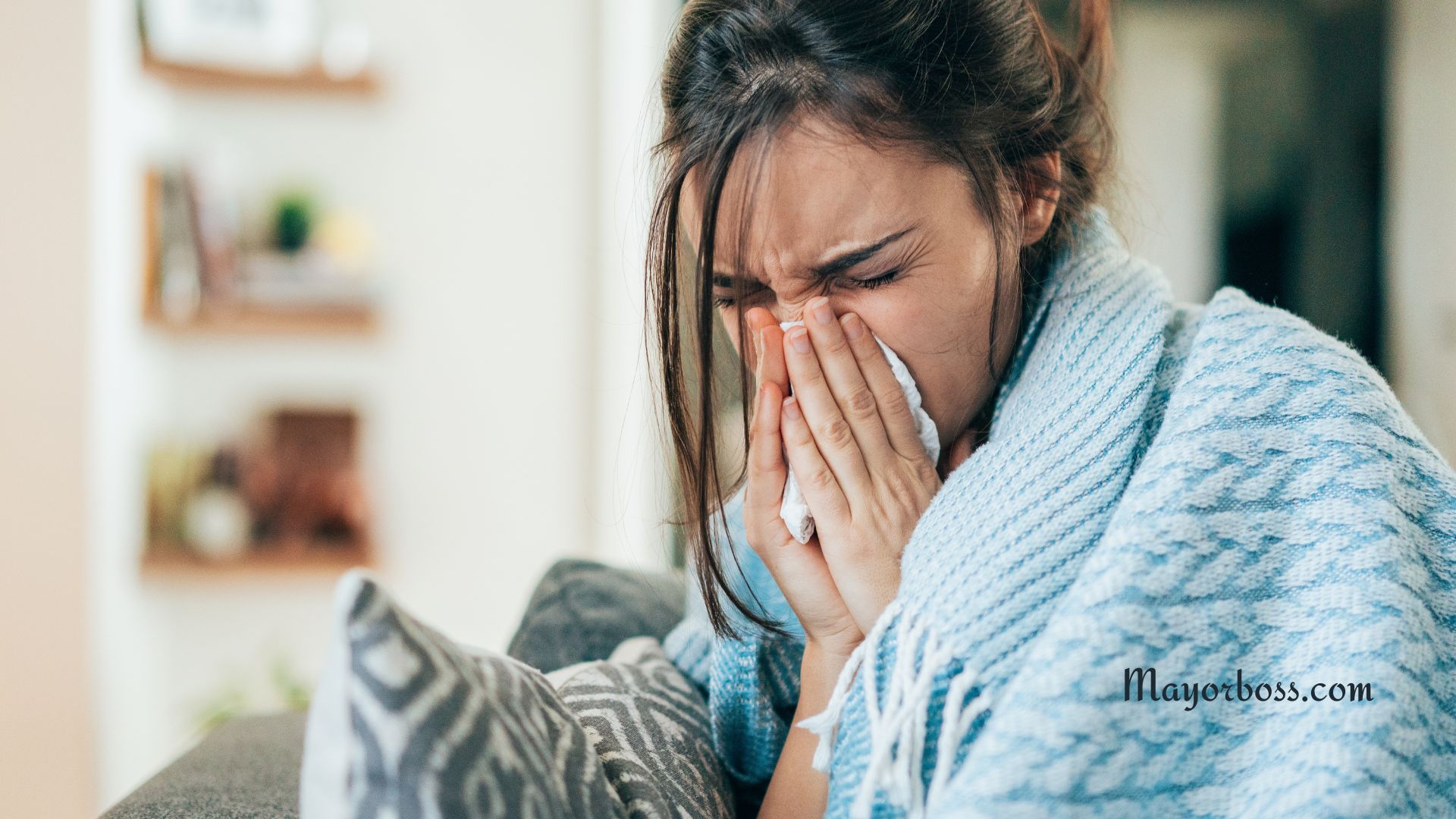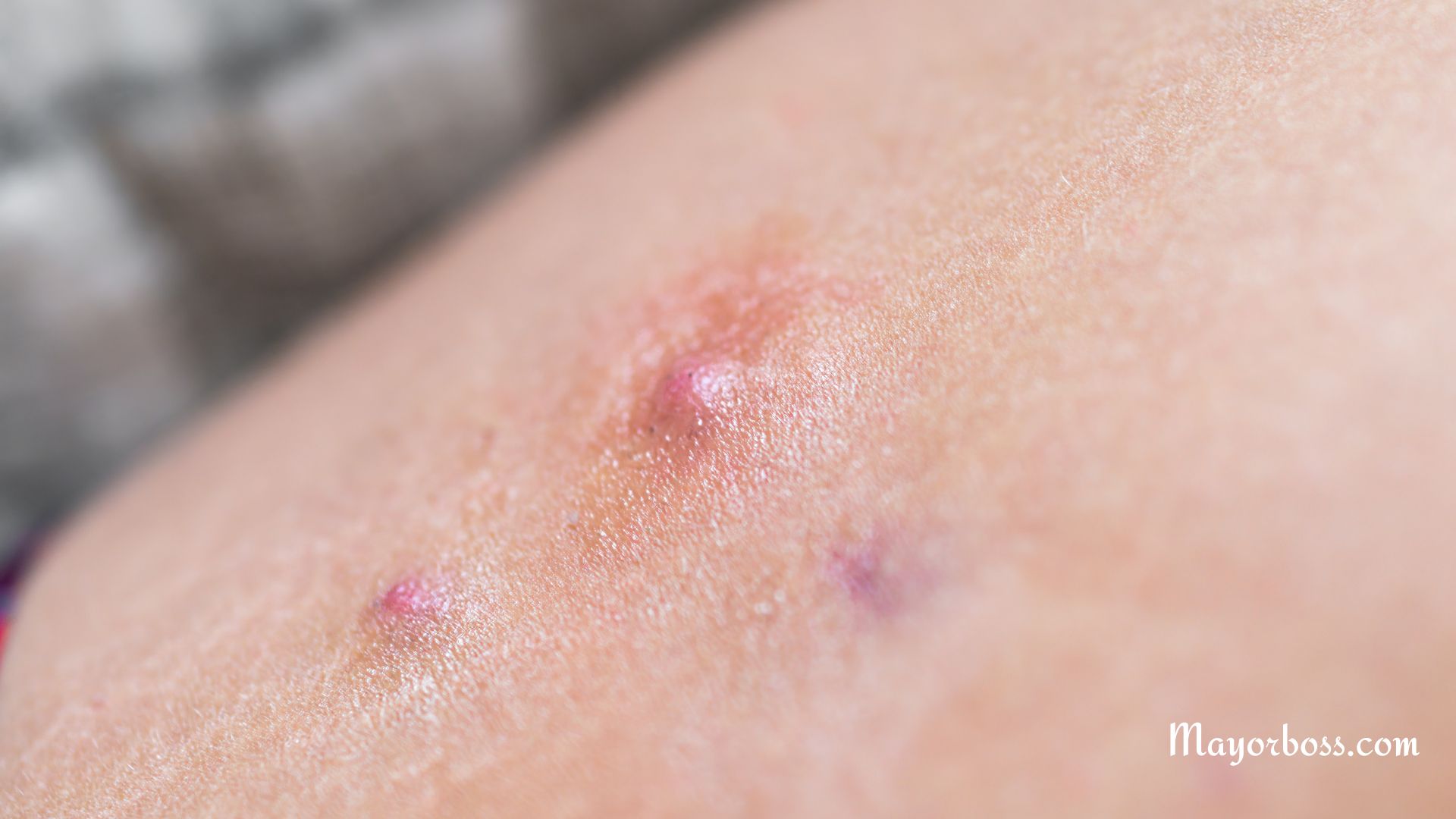Menopause: When Does It Start and What to Expect
Menopause is generally a natural part of aging for women and usually starts between the ages of 45 and 55. This time marks the end of a woman’s reproductive years and can come with symptoms like hot flashes, mood changes, and difficulty sleeping. Knowing what to expect can help you prepare for this significant life change.
When Does Menopause Start?
According to the National Institute on Aging, most women begin to experience menopause between the ages of 45 and 55. However, some may start earlier or later. This timing is individual and depends on several factors.

Factors That Influence the Onset
Your genetics, lifestyle, and overall health can play a role in when menopause starts.
Family History
According to studies, if your mother or sisters experienced menopause at a specific age, you might have a similar experience.
Smoking and Diet
Unhealthy habits like smoking or a poor diet might cause menopause to start earlier.
Medical Conditions
Certain health problems can affect the timing of menopause. For example, some thyroid disorders might cause it to begin earlier or later.
What is Perimenopause?
Perimenopause is the phase that comes before menopause, often starting in a woman’s 40s but sometimes earlier (mid-30s). It’s a transitional time when the ovaries slowly begin to produce less estrogen. The symptoms might be mild at first but can become more noticeable as menopause approaches. Perimenopause can last for several years and is marked by changes in menstrual cycles, mood swings, and other physical signs.
What Happens During Perimenopause?
Hormonal Changes
During perimenopause, the ovaries gradually decrease estrogen production. This shift in hormones is what leads to many of the symptoms women experience during this time.
Changes in Menstrual Cycles
You may notice your periods becoming irregular. They might come more frequently, or there could be more time between cycles. Some periods might be heavier, and others lighter.
What Are the Symptoms?
Menopause doesn’t happen overnight. It’s a gradual process. Here are the common symptoms you might notice:
Physical Changes
- Hot Flashes: Sudden feelings of warmth, often over the face, neck, and chest.
- Night Sweats: Sweating during the night can disturb your sleep.
- Weight Gain: Changes in hormones can affect your metabolism, causing you to gain weight.
Emotional Changes
- Mood Swings: You might feel more irritable or experience mood changes.
- Difficulty Sleeping: Hormonal changes can affect your sleep patterns.
Sexual Changes
- Decreased Libido: You might notice a decrease in sexual desire.
- Vaginal Dryness: Hormonal changes can cause dryness, making sexual activity uncomfortable.
How Can You Manage Symptoms?
It’s not all bad news. There are ways to manage the symptoms, and many women find relief through these methods.
Lifestyle Changes
- Eat Well: A balanced diet can help with weight management.
- Exercise Regularly: Physical activity can boost your mood and energy levels.
Medical Treatment
- Hormone Replacement Therapy (HRT): This can help to relieve hot flashes and other symptoms.
- Counseling or Therapy: If you’re struggling with emotional changes, talking to a professional can be helpful.
Prevention of Health Risks
After menopause, women are at higher risk for certain health problems. You can take steps to reduce these risks:
- Bone Health: Ensure you are getting enough calcium and vitamin D to keep your bones strong.
- Heart Health: Regular check-ups and maintaining a healthy lifestyle can help keep your heart in good shape.
Further Reading: Postmenopause: Signs, Symptoms, and What to Expect






